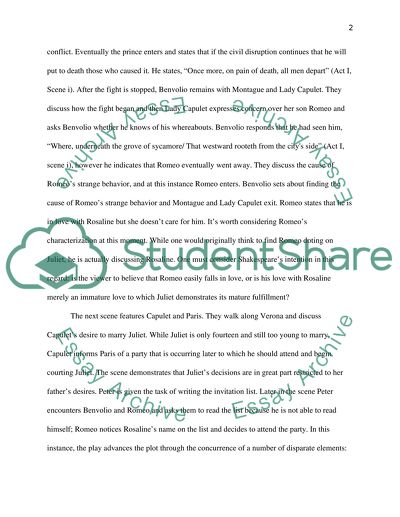Cite this document
(“Full summary for the play romeo and juliet by william Shakespeare Book Report/Review - 2”, n.d.)
Retrieved from https://studentshare.org/miscellaneous/1566728-full-summary-for-the-play-romeo-and-juliet-by-william-shakespeare
Retrieved from https://studentshare.org/miscellaneous/1566728-full-summary-for-the-play-romeo-and-juliet-by-william-shakespeare
(Full Summary for the Play Romeo and Juliet by William Shakespeare Book Report/Review - 2)
https://studentshare.org/miscellaneous/1566728-full-summary-for-the-play-romeo-and-juliet-by-william-shakespeare.
https://studentshare.org/miscellaneous/1566728-full-summary-for-the-play-romeo-and-juliet-by-william-shakespeare.
“Full Summary for the Play Romeo and Juliet by William Shakespeare Book Report/Review - 2”, n.d. https://studentshare.org/miscellaneous/1566728-full-summary-for-the-play-romeo-and-juliet-by-william-shakespeare.


